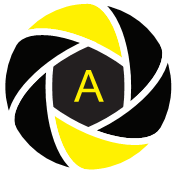
I am fortunate to have some amazing people in my networks who I regularly have creative and inspiring conversations with about how to change the world. These ‘putting the world to rights’ conversations usually take place over a coffee or a glass of wine and usually the ideas get left behind in the café or bar.
For a long time, I have wanted to find a way to share some of the conversations I have. Over lock down I decided to start a social change podcast as a way to share some of these conversations. It’s been a definite learning curve, which hasn’t been without its moments of stress. Back in lock down, everyone it seemed was after podcast starter packs and microphones, and you couldn’t get equipment for love nor money! I then had to learn how to use it and learn what makes a good podcast. You listen to the likes of Louis Theroux and Peter Crouch and they make it look so easy – trust me, it really isn’t.
There is so much more to creating and marketing a podcast than I ever could have imagined. Thankfully, I have had some incredible people on my side. My friend Jay has been a diamond as has another friend Paul from Vipodcasting, both have helped no end. However, it’s nothing without the guests and I have had some incredible people agree to be part of it.
this week I launch the first episode in series 1 of The Aperture. Each episode features me talking to someone on a topic close to them, about ideas on how to make systems and situations better to benefit society. I then hand over to a poet to produce a creative response to the conversation.
The Aperture is out soon so watch this space for ways to listen. In the meantime follow on twitter or on Facebook.

